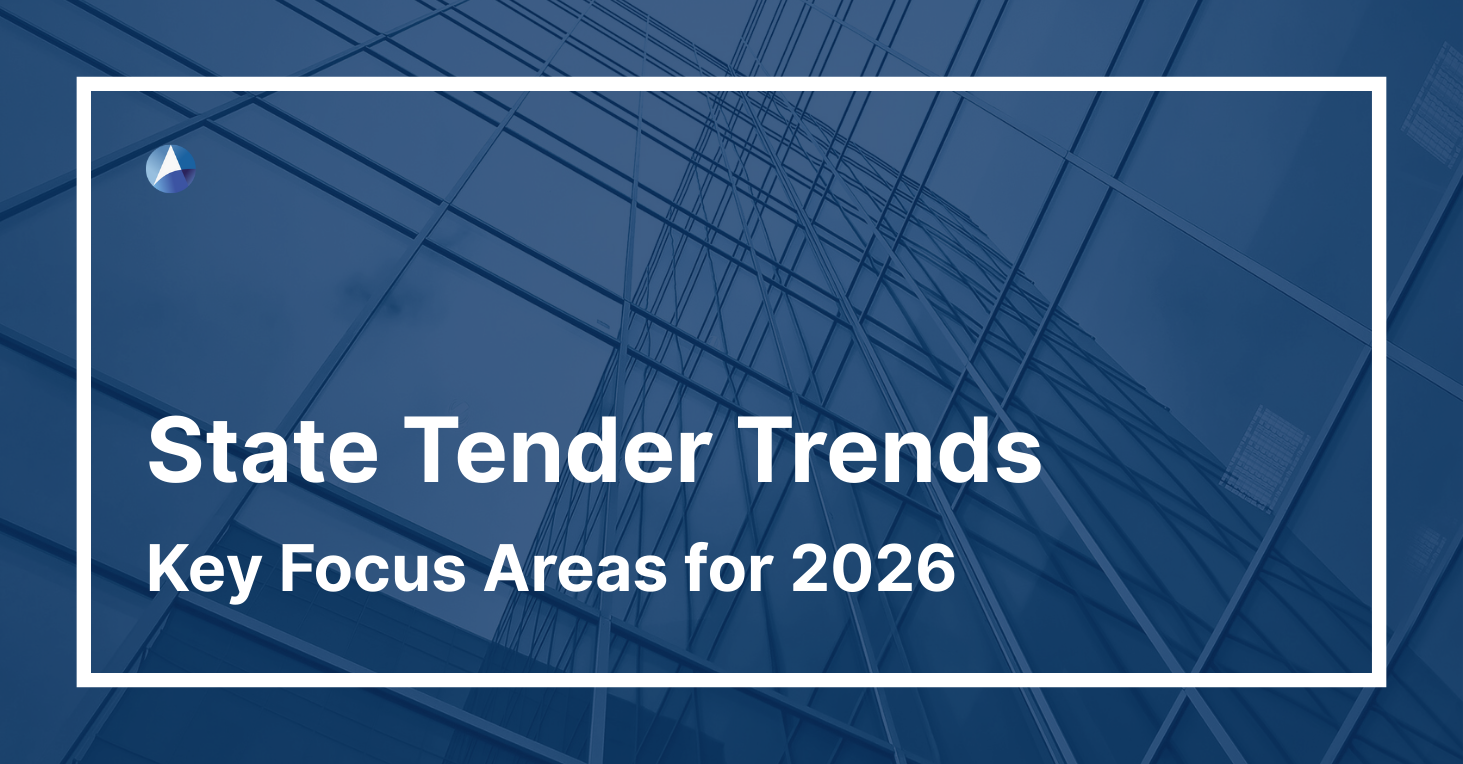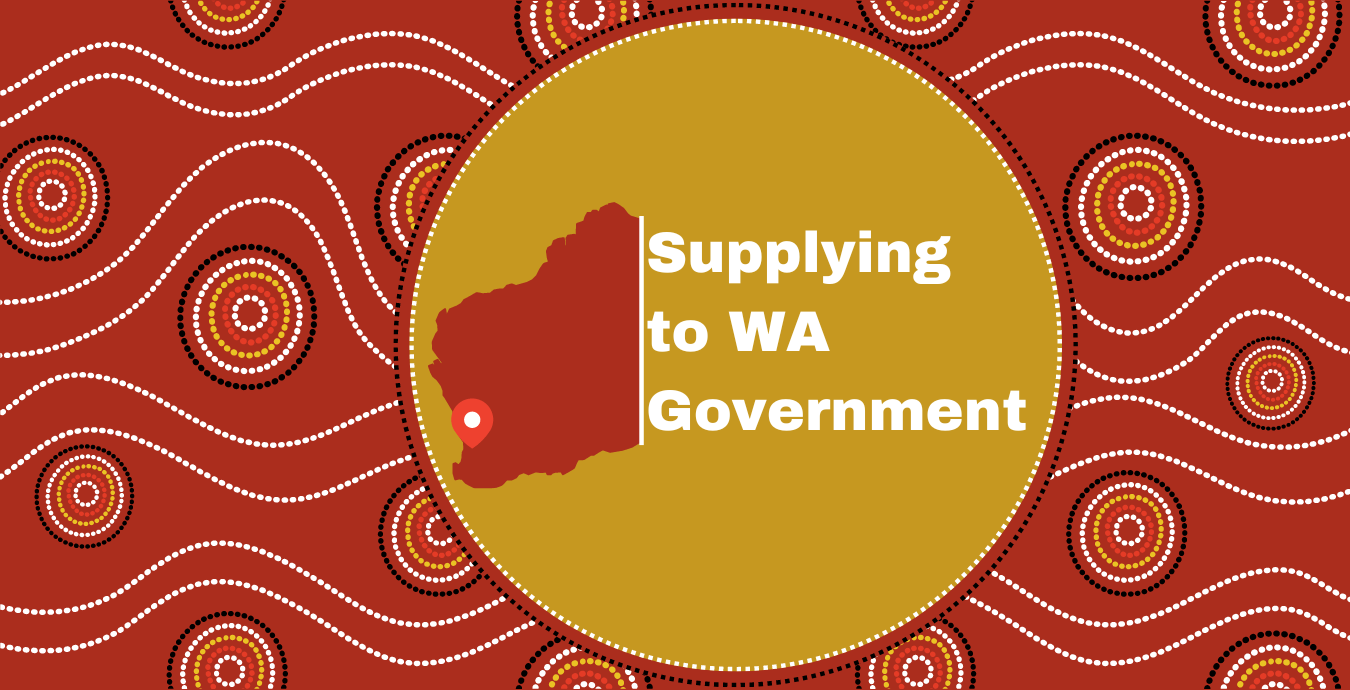
The Australian Government represents a massive potential market for businesses of all sizes, from sole traders to large enterprises. Whether you run a cleaning service, construction company, IT firm, or health practice, dozens of government departments across Australia and New Zealand regularly procure goods and services from the private sector.
In this article, we explore the top 10 in-demand service industries for government tenders, followed by answers to the 10 most common questions about tendering in Australia. If you're unsure whether your business is eligible or ready to tender, keep reading, you might be more prepared than you think.
Top 10 In-Demand Service Categories in Government Tenders (Australia & NZ)
These service areas are frequently sought by local, state, and federal government bodies. If your business operates in one of these industries, you're in a strong position to compete:
What Businesses Want to Know Before Tendering: Top 10 Questions
1. What are Government Tenders?
2. Can Anyone Respond to a Tender?
3. Do You Need an ABN to Tender?
4. Is GST Registration Mandatory to Tender?
Under the taxation legislation, you must register for GST if:
-
Your business has a GST turnover of $75,000 or more
-
Your non-profit organisation has a GST turnover of $150,000 or more
-
You provide taxi, limousine or ride-share services (e.g. Uber, DiDi), regardless of turnover
-
You intend to claim fuel tax credits for your business, regardless of turnover
5. Do You Need to Be a Company to Tender?
6. Can International Businesses Tender in Australia?
7. Do you have to have insurance to respond to a tender?
It depends on the project’s risk and the procuring agency’s requirements. While not always mandatory, having the following can improve your competitiveness:
-
Public Liability Insurance
-
Product Liability Insurance
-
Professional Indemnity Insurance
-
Workers Compensation Insurance (mandatory by law)
-
General Business Insurance
Having appropriate coverage shows your business takes risk management seriously. For a comprehensive overview of on risk management in the cleaning industry, check out our blog on Risk Management for Cleaning Companies in Australia.
8. Is Workers' Compensation Insurance Required?
Visit business.gov for full details on types of business insurance
9. Can Small Businesses Win Government Tenders?
Absolutely. The Australian Government is committed to engaging Small and Medium Enterprises (SMEs):
-
At least 10% of total procurement by value is targeted to SMEs
-
For contracts up to $20 million, 35% must be awarded to SMEs
Small business is not a barrier, government organisations assess all suppliers equitably based on capability, not size.
10. Can You Tender Without Previous Government Experience?
Yes. Prior experience with government isn’t mandatory. If you’re new to tendering, focus on demonstrating:
-
Capability and capacity to meet the requirements
-
Past performance in similar work
-
Strong project management and risk mitigation strategies
Ready to Start Tendering?
Many tenders are won by businesses that didn’t think they stood a chance, but applied anyway. Whether you’re in regional Western Australia, Sydney’s CBD, or anywhere in between, tendering is a powerful way to grow your business and expand your client base.
If you’re still unsure or have more questions, our team is here to help. Email us at support@australiantenders.com.au for tailored advice; otherwise, start searching the Australian Tenders comprehensive database of tenders from across Australia and New Zealand.





